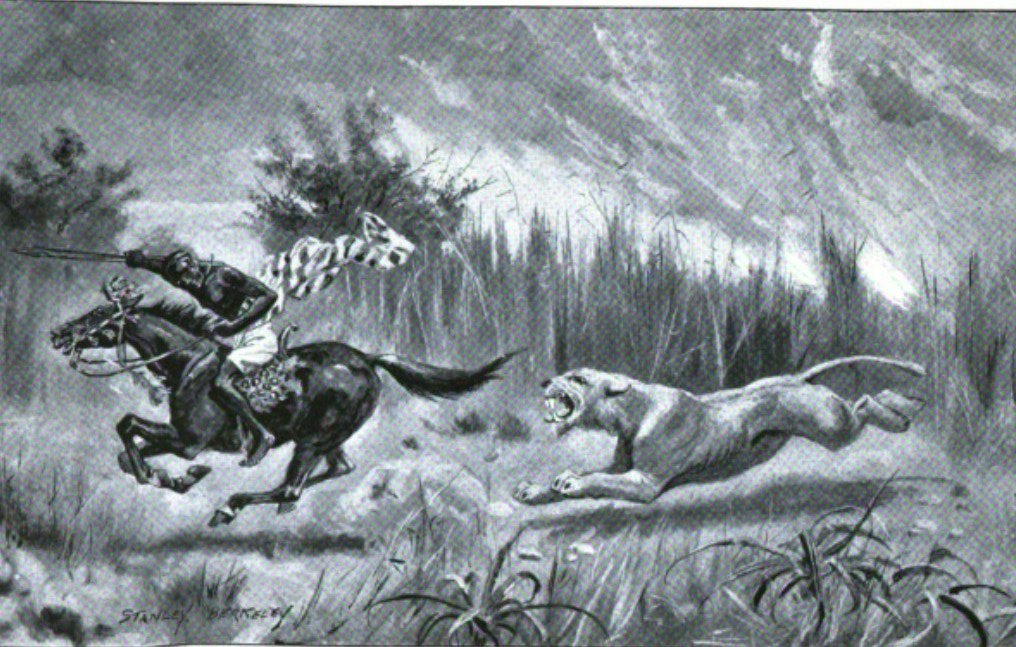Hussein Hasan on:
[Wikipedia]
[Google]
[Amazon]
Husein Hasan (; 1850s–1910s) was a famous Somali poet and warrior of the
 Hussein's famed horse Mangalool was the topic of poetry and envy across
Hussein's famed horse Mangalool was the topic of poetry and envy across
Eidagale
The Eidagalle (; ) is a major Somali clan of the Isaaq clan family. Members of this clan are concentrated in Somaliland and the Somali region. They are the traditional holders of the Isaaq Sultanate since the 18th century. As descendants of Is ...
Isaaq
The Isaaq (, , ''Banu Ishaq'') is a major Somali clans, Somali clan. It is one of the largest Somali clan families in the Horn of Africa, with a large and densely populated traditional territory.
The Isaaq people claim in a traditional legend ...
clan known for his skills in battle and hot temper.
Biography
Husein belonged to the Rer Guled branch of theEidagale
The Eidagalle (; ) is a major Somali clan of the Isaaq clan family. Members of this clan are concentrated in Somaliland and the Somali region. They are the traditional holders of the Isaaq Sultanate since the 18th century. As descendants of Is ...
and was a great-grandson of the 1st Isaaq Sultan Guled Abdi.
War within the Eidagale
Tensions were high between the Rer Guled and another subclan of Eidagale. Hussein urged his Rer Guled to continue their conflict. Standing against Hussein was a similarly skilled poet & warrior Hersi Absiyeh (), a prominent member of the closely related Rer Abdi Bari who were warring with the Rer Guled. In response to this fighting Sultan Deria Hassan himself a member of the Rer Guled called for the regular '' shir'' or meeting of subclans where he would take council and advise on what decisions to make next for the Eidagale. Sultan Deria ruled that blood payment or '' mag'' was sufficient for both parties to exchange at the ''shir'' with the Rer Guled losing six and the Abdi Bari six as well. Hussein stood and recited a rousing gabay rejecting the decision. Sultan Deria responded by sending Hussein away toBerbera
Berbera (; , ) is the capital of the Sahil, Somaliland, Sahil region of Somaliland and is the main sea port of the country, located approximately 160 km from the national capital, Hargeisa. Berbera is a coastal city and was the former capital of t ...
and then resuming the ''shir''. Absiyeh was made to swear a solemn oath not to recite a gabay following the Sultan's decision but he could not resist, especially since Hussein was away. Hussein returned and lamented that he missed the occasion and the two other men (Deria & Absiyeh) prevailed that day.
Mangalool
 Hussein's famed horse Mangalool was the topic of poetry and envy across
Hussein's famed horse Mangalool was the topic of poetry and envy across Somaliland
Somaliland, officially the Republic of Somaliland, is an List of states with limited recognition, unrecognised country in the Horn of Africa. It is located in the southern coast of the Gulf of Aden and bordered by Djibouti to the northwest, E ...
and many notables would inquire about how they could obtain the steed both Somalis
The Somali people (, Wadaad's writing, Wadaad: , Arabic: ) are a Cushitic peoples, Cushitic ethnic group and nation native to the Somali Peninsula. who share a common ancestry, culture and history.
The Lowland East Cushitic languages, East ...
and British
British may refer to:
Peoples, culture, and language
* British people, nationals or natives of the United Kingdom, British Overseas Territories and Crown Dependencies.
* British national identity, the characteristics of British people and culture ...
alike. Hussein would accompany Lord Delamere in 1893 on a lion hunting expedition in which a lion
The lion (''Panthera leo'') is a large Felidae, cat of the genus ''Panthera'', native to Sub-Saharan Africa and India. It has a muscular, broad-chested body (biology), body; a short, rounded head; round ears; and a dark, hairy tuft at the ...
ess nearly killed him and his horse Mangalool in a pursuit they narrowly escaped. Hussein would refuse to put a price on Mangalool as he was nearly impossible to catch after raids and he made a great income off looting livestock from his enemies. He would run into Lord Delamere again in 1894 and narrated an amazing story that happened to him in the year since. Following a successful raid of numerous camels, Hussein had split from his party to avoid detection. Given that it was a particularly dry year Mangalool had collapsed from fatigue and could not continue any further. To rescue his horse, Hussein rushed his looted camels to the nearest wells and made them drink as much water as possible, before returning to Mangalool. He then slaughtered a camel periodically along the 20 mile route back to the safe well and would give Mangalool water from the camels he killed. He stated he would rather kill 100 camels than lose his horse, and that with Mangalool he'd easily gain many more camels than he slaughtered now that he had his horse back.
See also
* Salaan Carrabey *Sultan Deria Hassan * Kite Fiqi * Farah Nur *Garhajis
The Habr Garhajis also contemporarily known as the Garhajis (, , Full Nasab: ''Ismā'īl al Qadhi ibn ash-Shaykh Isḥāq ibn Aḥmad'') is a major Northern Somali clan of the wider Isaaq clan family. They are the traditional holders of the ...
*Isaaq
The Isaaq (, , ''Banu Ishaq'') is a major Somali clans, Somali clan. It is one of the largest Somali clan families in the Horn of Africa, with a large and densely populated traditional territory.
The Isaaq people claim in a traditional legend ...
References
{{DEFAULTSORT:Hussein Hasan Somalian Muslims 19th-century Somali writers 19th-century poets 20th-century Somalian poets Year of birth missing African warriors Isaaq